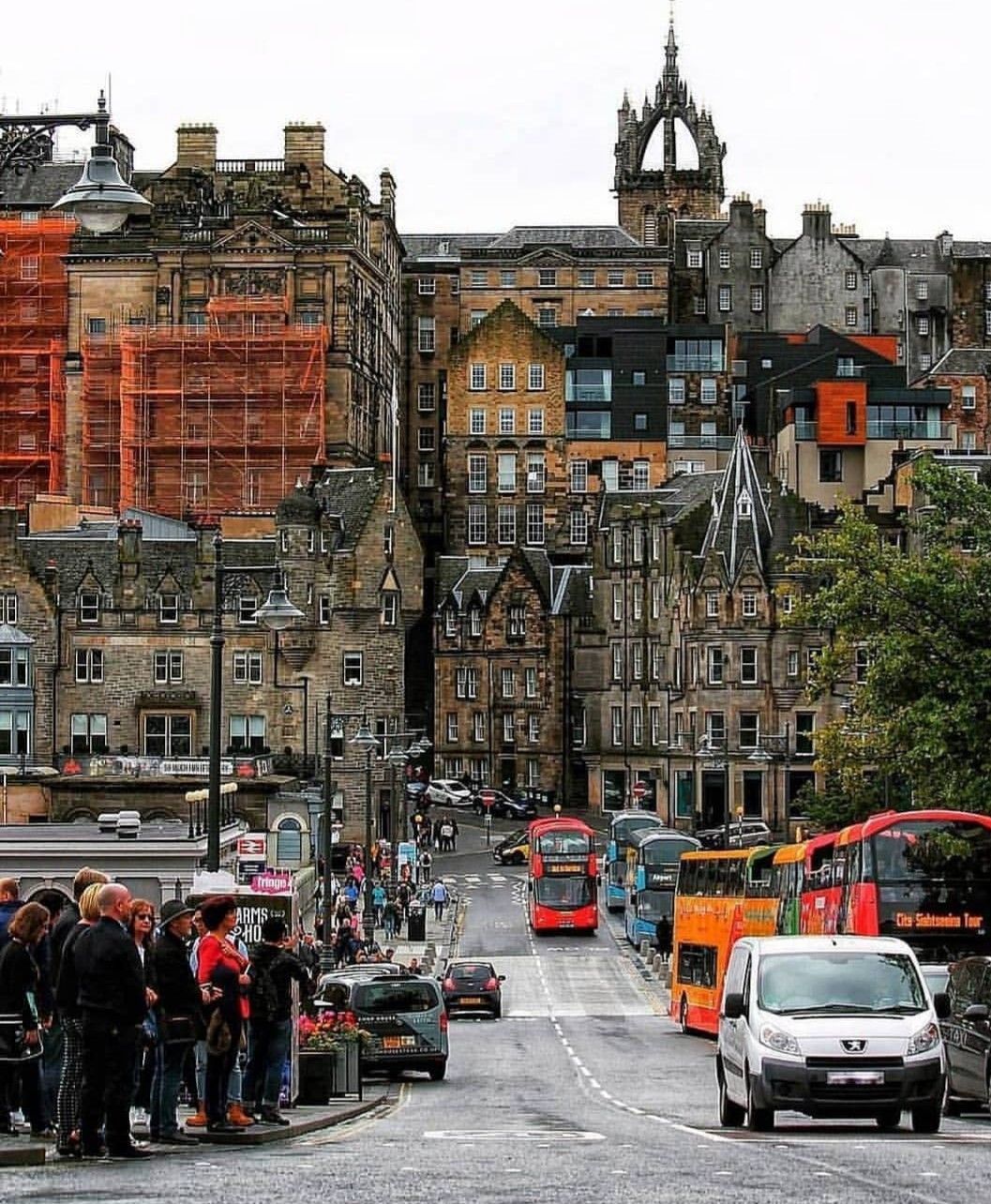LONDON ( Parliament Politics Magazine ) – The tourism industry in Scotland is suffering deep financial pain in an environment of commercial instability and weakened consumer confidence. This article looks at some of the ways that the Scottish Government is stepping in to support the sector, including emergency financial support. The funding will be distributed among coach and day tour operators, hostels, outdoor and marine activity operators, and visitor attractions. The Scottish Government’s response has been welcomed by the sector.
The tourism industry in Scotland is critically dependent on international visitors. Last year, international visitors made up 20 per cent of total tourist bookings. But the sector is in crisis and requires longer-term recovery and stimulus measures. The absence of a coherent policy response could lead to the collapse of many businesses and threaten the recovery of the entire sector. The government should identify which businesses need assistance and offer long-term support.
The tourism sector is also facing challenges from a pandemic. A recent IATA survey revealed that 40 per cent of respondents were planning to postpone travel for six months or more. To recover, governments must work with the private sector and destination communities to set new standards. Some countries are already exploring the potential for opening travel bubbles or corridors. It is important that the tourism industry has the necessary support to survive.
In the run-up to the pandemic, the Scottish Government has pledged to work with the industry to recover. It has provided PS25m for a tourism emergency response group, which will help the industry develop sustainable destinations, provide memorable experiences to tourists and strengthen business resilience. The government has also recognized that tourism businesses need more than just cash injections to rebuild. It has commissioned Visit Scotland to create a five-year plan for tourism recovery. The plan will cover everything from recruitment to infrastructure.
Although the global economic crisis is receiving the bulk of the attention, the tourism industry has been hit particularly hard by the pandemic. In the OECD, tourism expenditures are made by domestic visitors – about seventy-five per cent of total spending – but the percentage varies widely from country to country.
The pandemic may have caused a negative perception of the tourism industry, especially among visitors from developing countries. The local population may have reclaimed areas that were once dominated by tourists. This may have led to a decline in tourism, affecting both domestic and international businesses. In addition, the ravages of the disease have affected the economy of Scottish tourist businesses, and they need a boost to get back on track.

